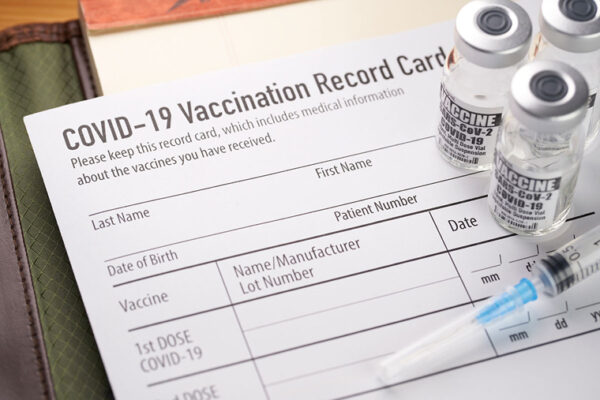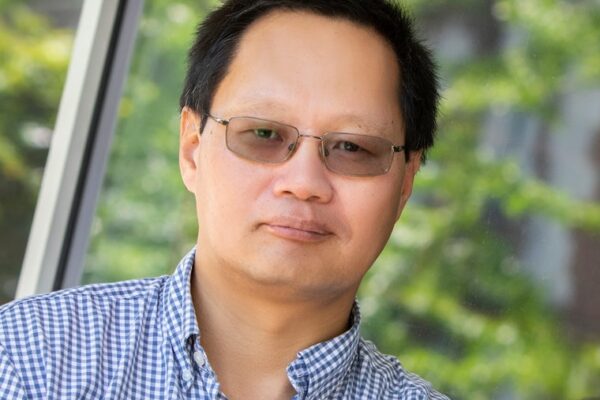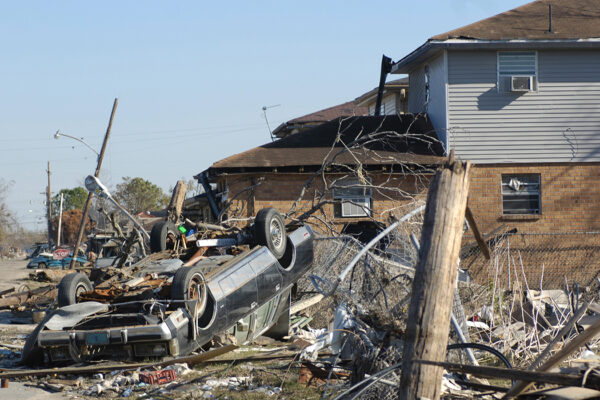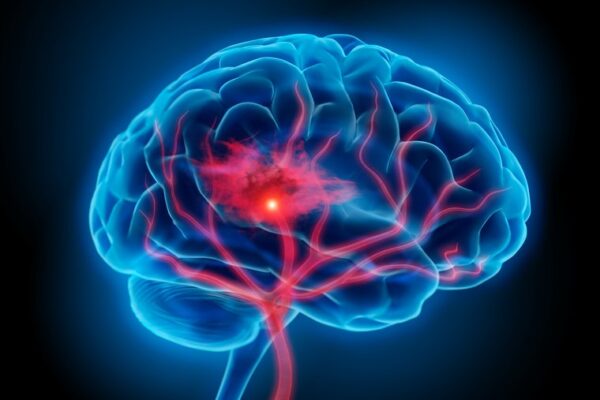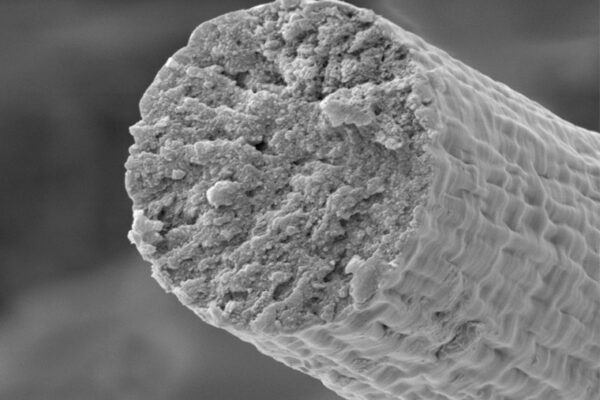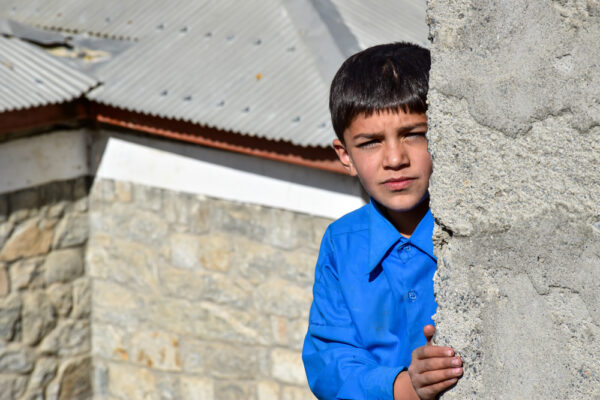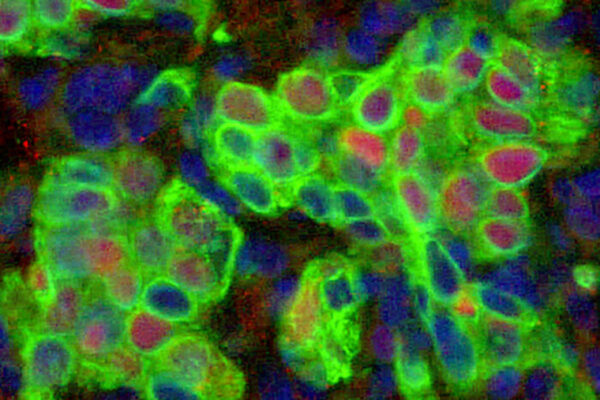COVID-19 vaccine elicits antibodies in 90% taking immunosuppressants
Nearly 90% of people taking immunosuppressants to treat autoimmune conditions produce an antibody response to COVID-19 vaccination, but the response is weaker than those generated by healthy people, according to a study by researchers at Washington University School of Medicine.
Oxygen-delivering hydrogel accelerates diabetic wound healing
A new, drug-free technology developed in the lab of Jianjun Guan at the McKelvey School of Engineering helps speed up the healing process of diabetic wounds.
Preparation versus relief: Understanding public support for natural disaster spending
Research by Michael Bechtel in Arts & Sciences examines how personal exposure to natural disasters and policy knowledge affect voters’ support for long-term disaster preparedness.
‘Unprecedented opportunity’ to understand neurovascular recovery after stroke
A team from the McKelvey School of Engineering and the School of Medicine will use a $3.12 million grant to improve brain imaging to better understand stroke recovery.
Synthetic biology enables microbes to build synthetic muscle
The lab of Fuzhong Zhang has borrowed from synthetic chemistry to develop a platform enabling bacteria to build a synthetic muscle fiber.
‘Welcome home:’ Class of 2025 celebrates Convocation
The 1,994 members of the Washington University in St. Louis Class of 2025 may still be new to one another, campus and St. Louis. And still, Convocation in Brookings Quadrangle on Saturday, Aug. 28, served as a homecoming.
Adolescents living in U.S. but born elsewhere have higher rates of suicide ideation
As tensions continue to run high in the Middle East, a new study from the Brown School finds that adolescents from the conflict-affected region who are residing in the United States have lower levels of resilience and a heightened risk of suicide ideation compared to their American-born peers.
Neurons in visual cortex of the brain ‘drift’ over time
New research from physicists in Arts & Sciences reveals that neurons in the visual cortex — the part of the brain that processes visual stimuli — respond differently to the same kind of stimulus over time.
Cultural backlash: Is LGBTQ progress an attack on Christianity?
New research by Clara L. Wilkins and Lerone Martin in Arts & Sciences explains why some Christians view recent LGBTQ progress as a threat and offers possible interventions to reduce such all-or-nothing beliefs.
Why do short-lived lung infections lead to long-lasting lung damage?
Researchers at Washington University School of Medicine have found clues to how lung damage develops in the aftermath of a respiratory infection. The findings, published in the Journal of Clinical Investigation, reveal potential interventions to prevent such chronic lung damage.
View More Stories
